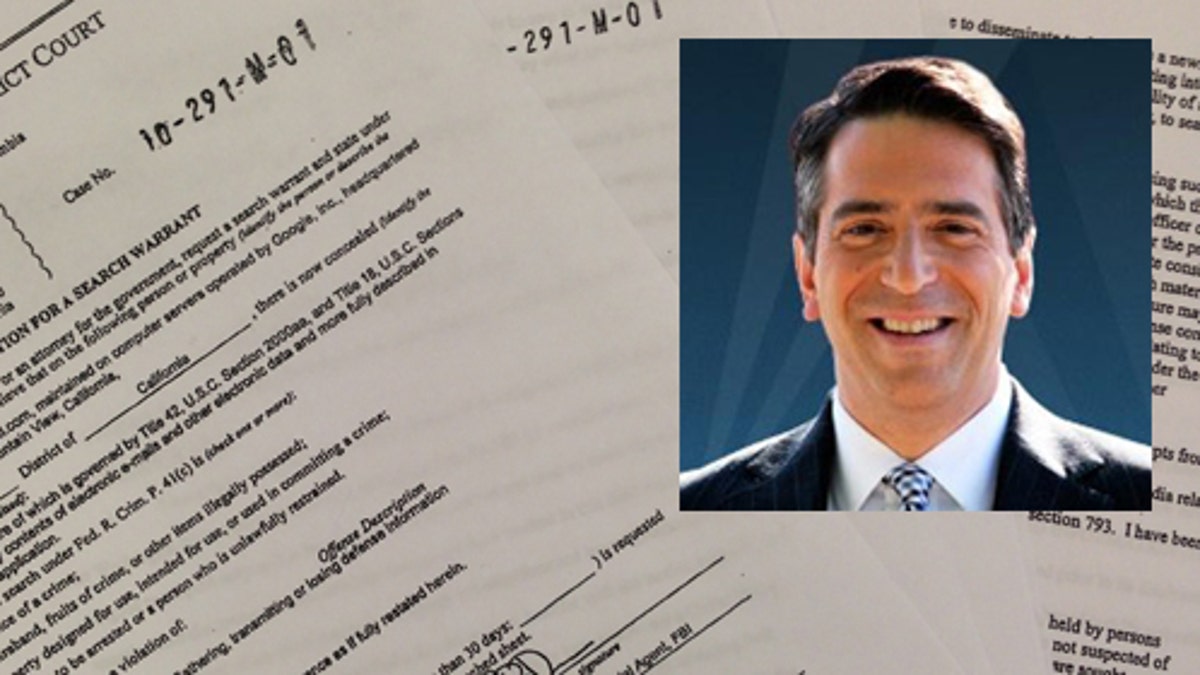
I like leaks. Yes, that's right. I like Congressional leaks, I like State Department leaks and I especially like White House leaks.
I’m not talking about "trial balloons," political spin or fake stories made to look like leaks. I’m talking about real leaks — the kind that reveal what “they” don’t want “us” to know.
And while I readily admit that leaks can sometimes be dangerous if they deal with issues of national security, I would argue that the vast majority of leaks help keep us informed and prevent abuses by our government.
What source would ever share any information if he felt that the government had the right to look at the reporter’s notes, read his emails or spy on him?
Leaks are an important part of our system of checks and balances. They keep politicians honest. More information and transparency can never be bad.
Real leaks are usually the outcome of dogged determination and skilled reporting. And I believe that members of the media who report leaks are deserving of our praise, thanks and protection.
As a Latino immigrant now living in America, I’m proud to call a country home where the media remains courageous enough to poke holes around the pillars of power.
That's why what has happened to my colleague James Rosen is so offensive to me.
Rosen has aggressively reported on the inner sanctum of diplomacy: the State Department. Yet he is now suspected of being a criminal, a co-conspirator, in a plan “to disclose sensitive United States internal documents and intelligence information.”
It is an accusation wrought with the chill of all that is wrong with the kind of totalitarian government that my family escaped — except it’s happening here, in the U.S., in our democracy.
In 2009, Rosen was working a source named Stephen Jin-Woo Kim, a former State Department arms expert. The two were exchanging emails, they were talking, they were planning meetings. It’s what working journalists and their sources are supposed to do.
When the Justice Department suspected that Kim was passing details to Rosen from a classified report on U.S.-North Korea relations, it pounced.
However, to get to Kim (who may or may not be guilty), DOJ officials chose to target Rosen — who was only guilty of doing his job.
Investigators sought a search warrant for Rosen’s personal emails.
Rosen was being treated as though he had broken the law. He did not. What he did was attempt to gather information from a reliable source, a practice defended constitutionally as a matter of course by our first amendment.
What source would ever share any information if he felt that the government had the right to look at the reporter’s notes, read his emails or spy on him, as the DOJ did with Rosen by tracking his security badge clearance?
After being asked why it targeted Rosen –even going so far as to call him a co-conspirator– the Justice Department backtracked, claiming that they never had any intention of charging him with a crime.
"Saying that there is probable cause to believe that someone has committed a crime and charging the person with that crime are two different things,” reads the DOJ statement. And it added: “at this time we do not anticipate bringing additional charges against anyone.”
The statement hardly lessons the impact of what is clearly another black eye for the Obama administration and another threat to our freedoms.
In the course of just two weeks, we have seen three frightening examples of our government targeting individuals for political reasons: the IRS going after conservative groups, the DOJ going after Associated Press reporters and now going after Rosen.
We should all be alarmed by this. We should all hold our government accountable for this, and we should all rally around James Rosen for doing the important work that keeps our democracy strong.
